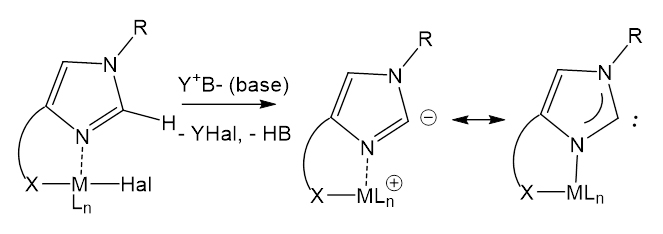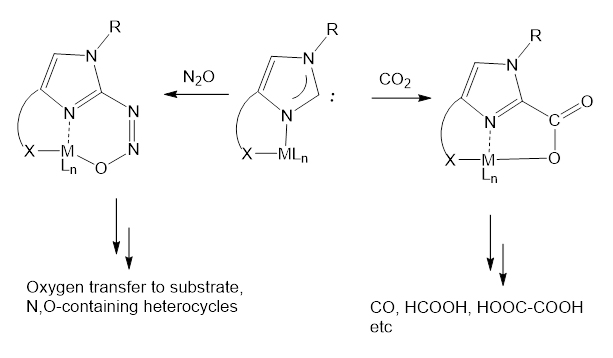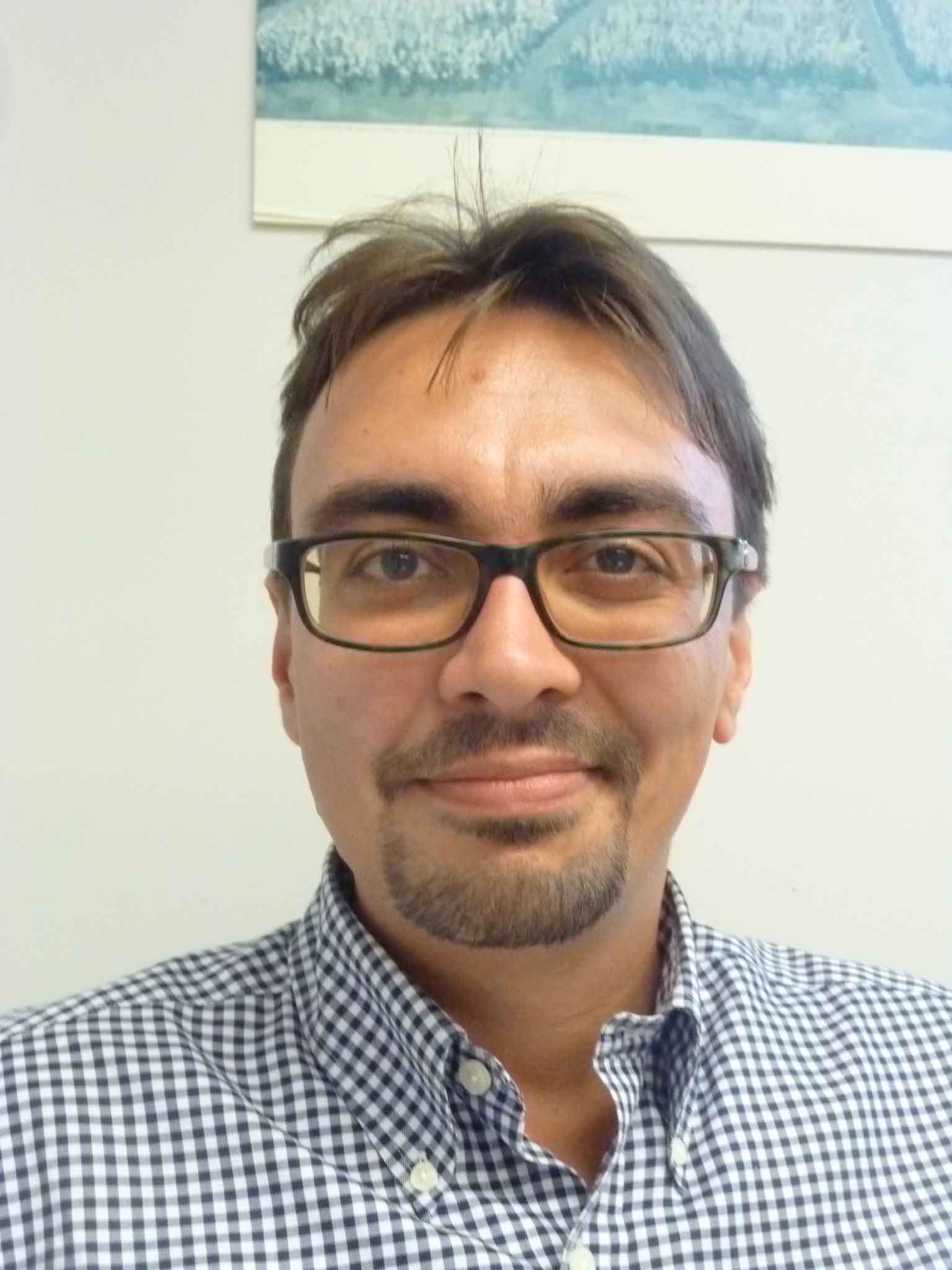Biography
Alexander V. Polezhaev was born in Moscow, Russia in 1984. An interest in chemistry appeared in high-school and he began study chemistry in Moscow city high-school №171 chemical lyceum. Prior to his graduate career, Alexander was an active undergraduate researcher at Moscow State University with Acad. Nikolay S. Zefirov working on melatonin derivatization for biological activities investigations. He received his specialist degree in organic chemistry in 2006 and then joined prof. A.A Koridze research group in A.N. Nesmeyanov Institute of Organoelement Chemistry. His Ph.D. research involves synthetic organometallic and coordination chemistries and catalysis, including the exploration of small molecule coordination and activation with arene and ferrocene-based pincer complexes and alkane dehydrogenation. During this work, two absolutely new types of complexes were found: metallocenium ions which could be considered as models of intermediates in electrophilic substitution in ferrocene core and cationic metallocenylidene ruthenium pincer complex – analogs of alpha-ferrocenylcarbocations. Additionally, he has teaching experience in Moscow city high-school №171 chemical lyceum and A.N. Kolmogorov high-school supervising talented pupils on his first steps in science. Alexander received his Ph.D. in 2011 and then got a researcher position in N.E. Bauman Moscow State Technical University. He worked as independent researcher in polymer composite material chemistry developing self-healing materials for application in constructions and antibacterial polymers for medicine; two patents resulted from this work.He is interested in various branches of organometallic and polymer chemistry: platinum metal complexes, small molecules activation, metallocene derivatization, homogenous catalysis, non-innocent ligands, self-healing polymers, antibacterial polymers and also in bioorganometallic chemistry.
Research Projects
Alexander Polezhaev’s research goal is to develop new active species that combine two functionalities, unsaturated carbon atom (carbene) and unsaturated metal center, in one molecule. This approach includes simultaneous formation of both functionalities by elimination of a proton from imidazolium fragment and a counterion from the metal center. To realize this in practice, our ligands must fix the metal in β-position to the carbene and prevent rearrangement and formation of a direct metal-carbene bond (Scheme 1).

Scheme 1. Unusual metal-supported free carbene.
Those species contains highly active nucleophilic and electrophilic centers in one molecule; such bifunctional character makes them attractive in numerous processes. We target small molecules such as carbon dioxide, dinitrogen, dihydrogen and nitrous oxide to incorporate them in catalytic processes leading to valuable chemicals. Our approach combines classic transition metal assisted activation of small molecules (Scheme 2) with carbene-derived organocatalysis. Those species can also be considered as intramolecular Frustrated Lewis Pairs and we expect reactivity related to that known for such systems.

Scheme 2. Bifunctional activation of small-molecules with metal and carbene
We also anticipate non-innocent behavior from our ligands in the activation process, such as possible electron-shuttling from substrate to metal and back. We also expect that this ligand class direct could stabilize unusual transition metal oxidation states.

